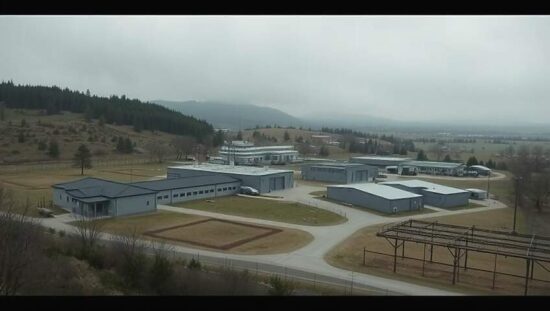A wave of cancellations is sweeping across Germany’s planned handover of Bundeswehr (German Armed Forces) properties to civilian use, prompting criticism and raising questions about the government’s evolving defense strategy. Thirteen sites across Nordrhein-Westfalen, Rheinland-Pfalz, Schleswig-Holstein, Niedersachsen and Baden-Württemberg are now being retained by the military, reversing previous commitments to civilian development.
The abrupt shift, confirmed by the Defense Ministry, stems from a heightened need for military infrastructure related to the Bundeswehr’s announced expansion and modernization. These properties will now form part of a “strategic property reserve” intended for immediate military use should the need arise. This prioritization effectively sidelines pre-existing civilian development plans, sparking concern amongst local governments and urban planners who had factored these transfers into their long-term strategies.
The U-turn is particularly contentious in Baden-Württemberg, where the Bleidornkaserne in Ulm was slated for civilian conversion. Similar reversals are occurring in Bavaria (Fliegerhorst Erding, Fürstenfeldbruck, Grünten-Kaserne and Jäger-Kaserne in Sonthofen) and Niedersachsen (Ebkeriekaserne in Wilhelmshaven). While the Berlin Senate has clarified that only Tegel Nord remains impacted-with military use extended until the 2040s-the broader implications for other cities are significant.
Critics argue the sudden policy change reflects a lack of inter-departmental coordination and a potentially reactive defense policy, prioritizing short-term security over long-term urban planning and economic development. The announcement underscores a tension between the government’s stated commitment to civilian partnerships and the escalating demands placed on the Bundeswehr. While the Defense Ministry frames the change as necessary for national security, opposition parties are questioning the transparency of the decision-making process and demanding a comprehensive explanation for the sudden reversal. The long-term ramifications for regional development initiatives and the government’s credibility with local authorities remain to be seen.





